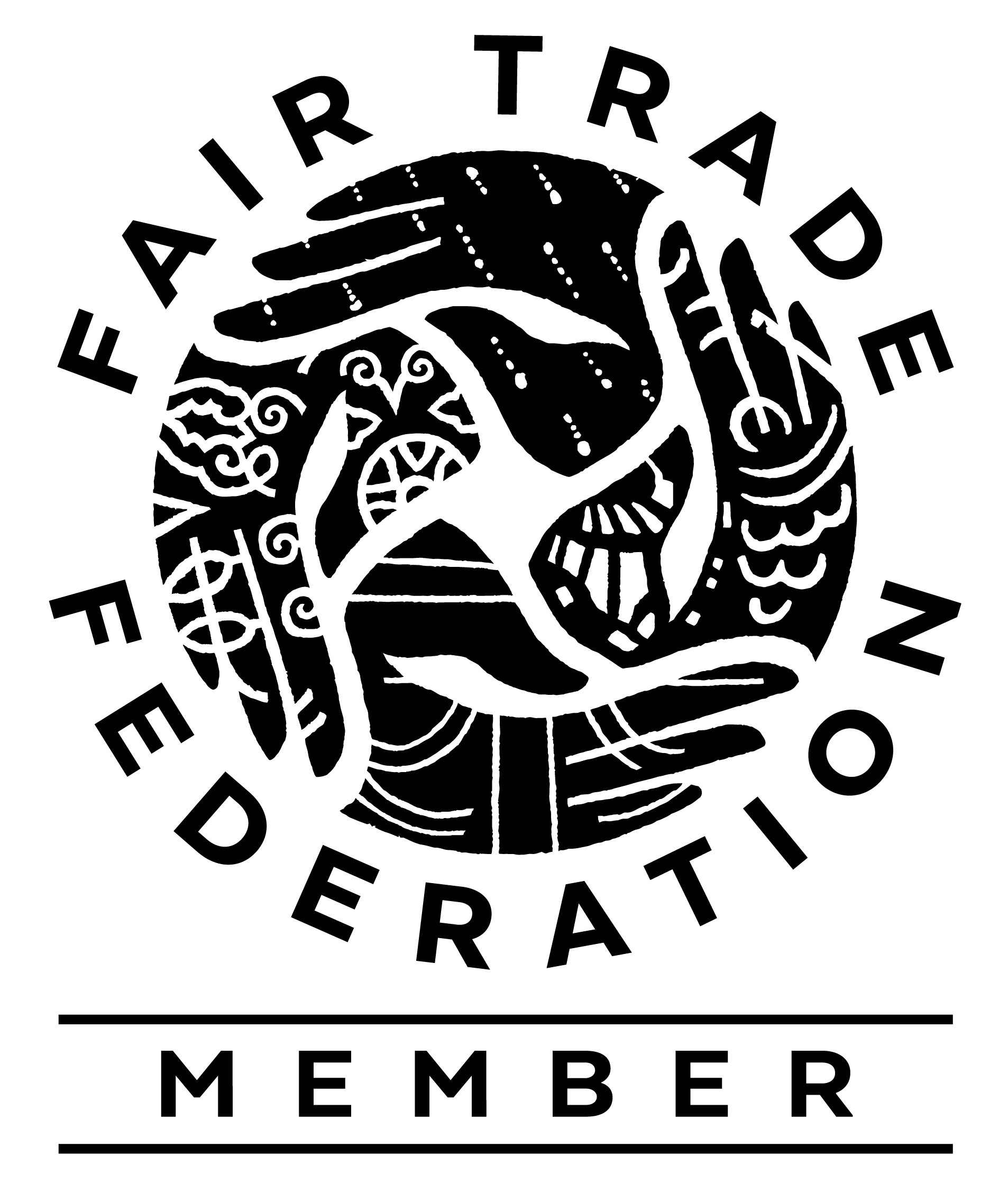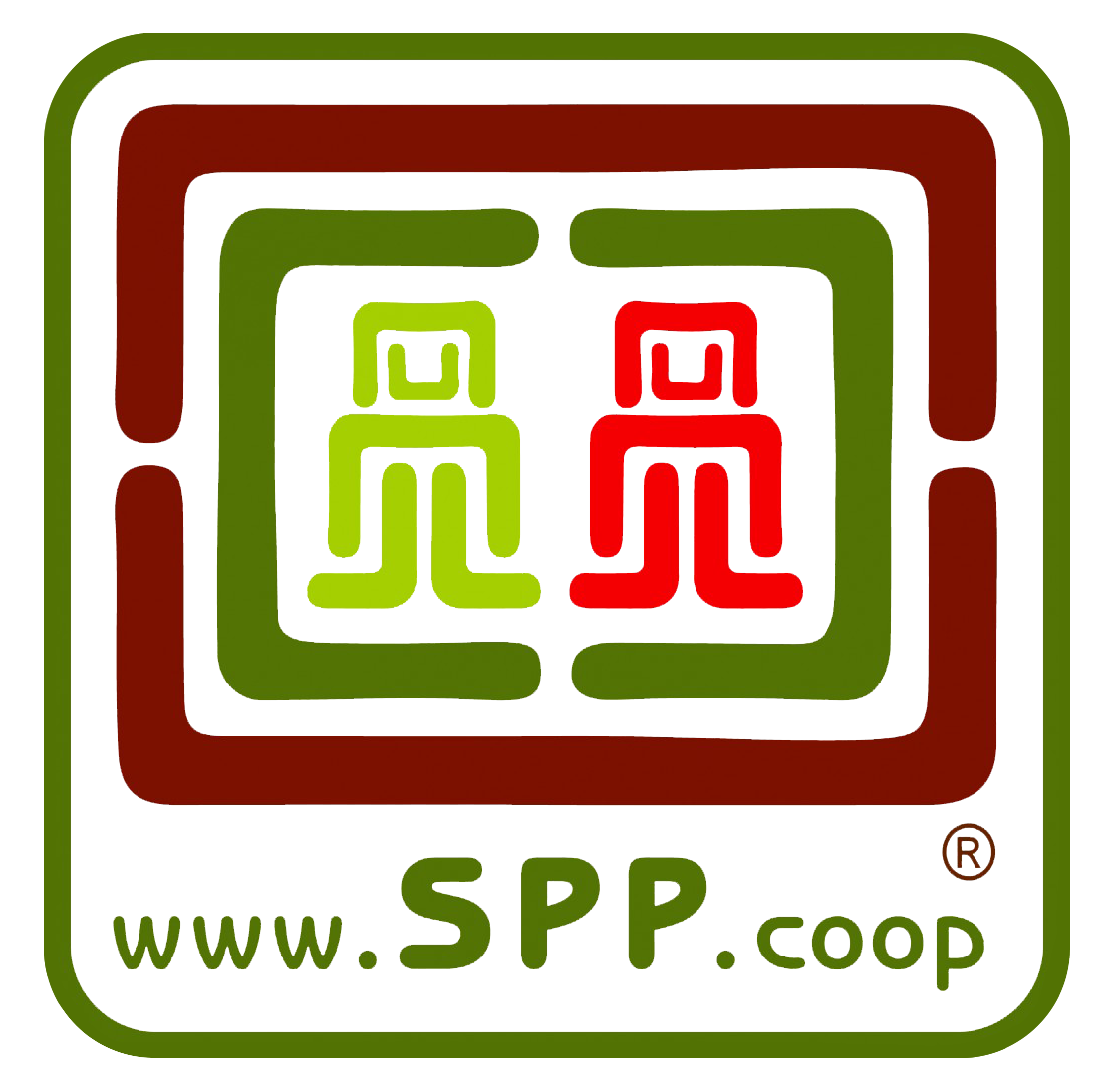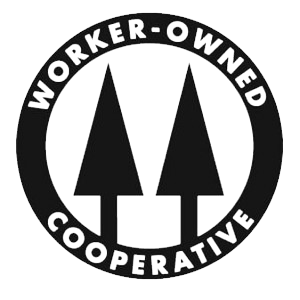Small Farmer Fund Project Updates

Did you know that your purchases support projects that help level the playing field for small-scale farmers?
Equal Exchange allocates a portion of sales from over 7,000 participating congregations to the relief, development and human rights organizations that make up our Interfaith Partner groups.
Here are just a few projects that some of our Partners worked on in 2017 that were funded in part by your purchases.
United Church of Christ, Justice and Witness Ministries

“UCC Fair Trade Project Small Farmer Fund contributions supported the Just Food Project at the UCC Franklinton Center at Bricks. A former slave plantation in Whitakers, North Carolina, today, it is a conference, retreat, and educational facility focusing on justice advocacy and leadership development.This project supports a farmers market held at FCAB where local small farmers sell their produce and local residents purchase affordable fresh vegetables and fruits. FCAB is located in eastern North Carolina in an area where many people are in poor health, experience food insecurity, and have poor access to healthy foods. The Small Farm Project is part of a comprehensive approach to community economic development, environmental education, social justice, and health.”
More information about the project can be found here
Unitarian Universalist Service Committee

“Small Farmer Funds from the UUSC Fair Trade Project benefit Fundación Entre Mujeres (Foundation Amongst Women) or “FEM”, a women’s NGO and social movement that was founded in 1995 in Estelí, Nicaragua. The organization’s members are feminist women leaders from rural communities. FEM’s mission is to promote the empowerment of rural women through a variety of projects, such as advancing economic independence through land rights and food sovereignty, preventing violence against women, and promoting literacy. The project is designed to support FEM’s efforts to advance the economic independence of rural women through economic assistance and technical assistance for agroecology projects. Through the agroecology projects, the rural women grow basic grains, coffee, Rose of Jamaica, and will engage in beekeeping.”
For more information about projects UUSC is working on, visit The Good Buy blog
Presbyterian Hunger Program, Enough for Everyone

“The project at the Amrita Bhoomi Center in India was funded in part by PCUSA Coffee Project Small Farmer Fund contributions. The project carries out various training programs on agroecology, including practical farming techniques, seed saving, value addition of produce for improved income and plants to grow to combat malnutrition. It is focused especially on farmer-to-farmer training where successful farmers will share their experiences and resolve problems of new trainee farmers. This methodology is important to build the capacity of farmers themselves — for farmers, seeing is believing. This is also important because farmers need training on agro-ecological techniques to implement them on their farms in a viable manner. The project built a seed savers network linking up existing seed expert seed savers and collecting and conserving their seeds both in situ (on farms) as well as ex situ (in a seed bank) for distribution to farmers. This is important to make farmer saved seeds accessible to all and future generations. The project will also construct a peasant’s seed bank for the conservation of native seeds, which will be distributed to farmers.”
You can find out more about PHP’s work here
Catholic Relief Services

“Catholic Relief Services uses donations from partners to invest in cooperatives around the world. Recently funded projects include: Improving soil, water and production practices for members of CEPCO, a fair trade coffee cooperative in Oaxaca Mexico, which is a long time Equal Exchange trading partner. Through the creation of 5 demonstration plots and farmer field schools farmers are learning how to protect local watersheds from coffee waste water and increase soil fertility to increase yields. Additionally 40 vulnerable cooperative members not eligible for government funds for coffee leaf rust renovation were provided rust resistant varieties in order to replace plants lost to coffee leaf rust. Partner funds have also been used for: investing in raw materials for women members of a basket weaving cooperative in Ghana; providing technical assistance to Holy Land Handicraft Cooperative Society; assistance to a delegation of organic fair trade cotton farmers from Burkina Faso to attend an international textile conference; assistance for labor rights delegates for a gathering of representatives from El Salvador, Guatemala, Mexico, the US, and Canada in Mexico City.” Read more about CRS Ethical Trade programs here
Click here to learn more about our Interfaith Partnerships and the projects associated with Small Farmer Funds
Related Posts
Funding Sustainable Futures Through Beekeeping
Mexico is the world’s top exporter of avocados (Produce Blue Book, 2019). Geographic proximity…
05 February 2018Listen to an Organizer: Dan Steinbauer on Buying Clubs
Buying clubs are a powerful way for people to support authentic fair trade. For the…
05 February 2018







Leave A Comment